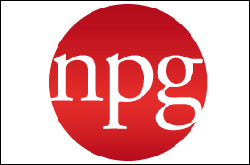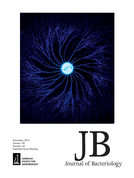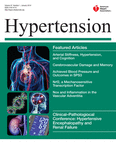 Earlier this year, authors retracted a meeting abstract about a diabetes drug, following the revelation that the biotech that funded the trial committed misconduct.
Earlier this year, authors retracted a meeting abstract about a diabetes drug, following the revelation that the biotech that funded the trial committed misconduct.
The retraction was initiated by corresponding author Itamar Raz, at Hadassah Medical Center in Israel. The journal didn’t receive a response from any co-authors who were affiliated with the biotech company, Andromeda, so they were not included in the retraction process.
A few months after Hyperion Therapeutics acquired Andromeda’s diabetes drug DiaPep277, Hyperion announced it had evidence that some employees of Andromeda had “engaged in serious misconduct,” such as using un-blinded data and manipulating the analyses. Two relevant studies on the drug, designed to block the immune response that leads to type 1 diabetes, were retracted last year.
Here’s the retraction note for the abstract “Abstracts of the 50th Annual Meeting of the EASD, Vienna 2014. ‘Evaluation of DiaPep277® treatment in type 1 diabetes by integrated analysis,’” published in the May issue of the journal:
Continue reading Authors retract abstract following misconduct by diabetes biotech








